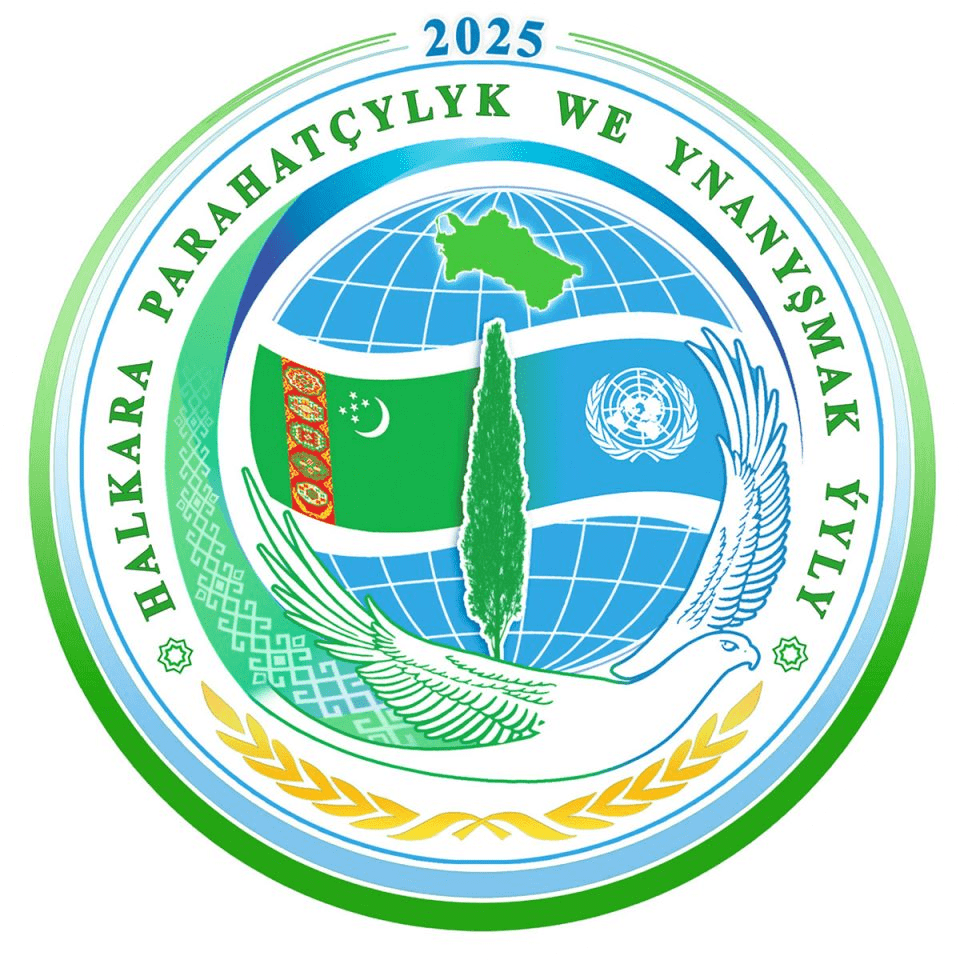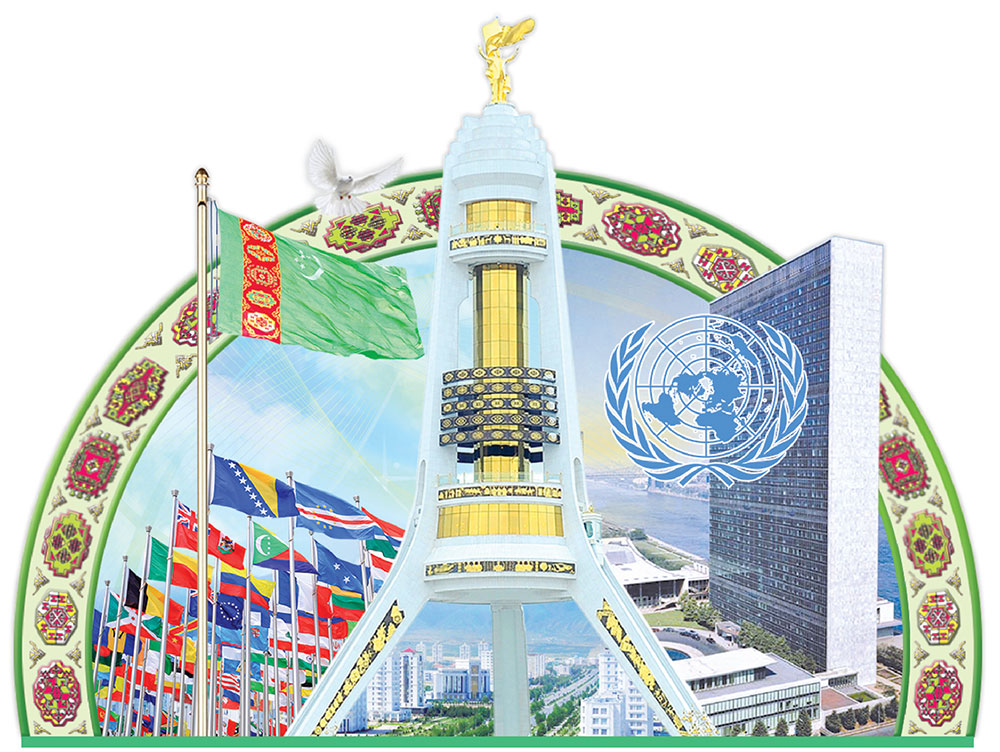
News
Coursera Presented to the Ministry of Education of Turkmenistan an Ecosystem for Enhancing Quality and Manageability in Education
518

At a working meeting with the delegation of the Ministry of Education of Turkmenistan on October 27 in Washington, representatives of Coursera demonstrated the platform’s capabilities and presented potential implementation formats. The focus was on a systemic partnership: from access to content produced by leading universities and companies to analytics, visual dashboards, and skills management at the level of faculties and universities.
Coursera presented an integrated system that treats education as a managed cycle—“content — assessment — analytics — managerial decisions”—rather than as a set of standalone courses. Company representatives explained how administrators and instructors can use visual monitoring dashboards to track reach and completion, follow skills gains, detect early learning gaps, and promptly adjust learning pathways and course plans. It was explained in detail that the platform connects to the electronic learning systems already used by universities, supports single sign-on (one login via a university account), and enables secure data exchange in compliance with personal-data protection requirements.
Particular emphasis was placed on world-class content. Coursera showcased courses and programs from leading universities, including Stanford University, the University of Michigan, Imperial College London, and universities of the Ivy League, as well as certified tracks from global companies such as Google, Meta, IBM, Microsoft, and Amazon Web Services. In Coursera’s assessment, connecting such a catalog—together with built-in tools for objective assessment—can significantly reduce overall costs for improving quality by providing scalable access to up-to-date content and ready-made assessment materials, while simultaneously raising academic outcomes. The logic is straightforward: if a student truly masters the material, this is confirmed by certification; if not, the system records the gap and generates a personalized upskilling plan, preventing any formal “pass without knowledge.”
Coursera noted that integrating the platform into the learning process allows content and methods to be rapidly brought to a level comparable with international benchmarks, since curricula begin to draw on materials from leading universities and role-oriented pathways for specific professions. This strengthens the comparability and recognition of learning outcomes internationally: certificates issued by world-renowned universities and companies complement the national diploma, increasing employers’ and academic partners’ confidence in graduates’ verified skills. At the same time, Coursera emphasized that this does not amount to a legal “equivalence” of diplomas; the effect is achieved through a combination of world-class content, objective verification of learning, and regular data-driven adjustments to programs.
As a possible implementation model, Coursera proposed starting with a limited-scale pilot focused on senior-year students and instructors in priority fields—engineering, information technology, energy, tourism and services, and the agro-industrial sector. Such a pilot would make it possible to calibrate content based on real data, configure monitoring dashboards, refine certification procedures, train instructor-mentors, and establish a sustainable model for scaling. Following the pilot, a considered decision on expansion would be prepared, with organizational and commercial parameters to be agreed in the established manner. Coursera noted that this step-by-step approach ensures measurable results, sustainable implementation, and maximum impact aligned with current and emerging labor-market needs.
The Turkmen side noted its interest in substantive discussion of specific issues and confirmed its readiness to further elaborate possible cooperation mechanisms, taking national priorities into account.
744000, Turkmenistan, Ashgabat city, Baktyarlyk etrap, Magtymguly avenue, 136 house
© 2025 Ministry of education of Turkmenistan Innovation information center. All rights reserved.



